Esoteric Marxism (Olavo de Carvalho)
https://olavodecarvalho.org/marxismo-esoterico/
Esoteric Marxism
When I say that Marxism is a culture, this implicitly means that comparing it to a religion is to stretch an analogy. That analogy works, in part, only if by “religion” one understands the primitive mythological complexes in which beliefs, rituals, government, and society were fused into an inseparable totality. Universal religions are, by their nature, transportable beyond their original culture, and they are so precisely because the initial deposit of revelation is transmuted into a rational theological-dogmatic formulation with claims to universal truth, which presents itself to be either validated or refuted on the plane of theoretical examination.
Marxism, on the other hand, does not in any way admit to being discussed on that plane, because the essence of its intentional content, as I have already explained, is not expressed in discourse but is organically embedded, like a mute secret, in the fabric of revolutionary practice — from which it must be extracted through subtle mutations of meaning, an esoteric procedure whose authority transcends that of Marx’s own writings.
Antonio Negri, writing in 1994 about a debate with Norberto Bobbio, states:
“For Bobbio, a Marxist theory of the State could only be one derived from a careful reading of Marx’s own work. For the radical Marxist author [Negri], however, it was the practical critique of legal and state institutions from the perspective of the revolutionary movement — a practice that had little to do with Marxist philology, but instead belonged to the Marxist hermeneutics of constructing a revolutionary subject and expressing its power. If there was something in common between Bobbio and his interlocutor, it was that both considered real socialism a development largely external to Marxist thought.”
On the one hand, Marxism does not consist of Marx’s stated formulations but transmutes into the “construction of a revolutionary subject.” On the other hand, it is also not to be identified with “real socialism” — that is, with the historically objective situation produced by that same construction. But if the “true” Marxism lies neither in the blueprint nor in the building, neither in the intentions of the theory nor in the results of the practice — then where, exactly, is it? It lies in the path, in the process itself. It resides in the hidden, shifting depths of praxis, veiled even to its own protagonists, and now partially unveiled by Mr. Negri’s hermeneutic skill — to the great surprise of his predecessors who believed themselves Marxists.
Far from being a dogmatic religion clinging to the letter of revelation, Marxism is an esoteric flux of symbols in perpetual motion, whose meaning is only revealed ex post facto, with each new generation proving that the revolutionary idols of yesterday were not revolutionaries at all but traitors — like a self-immunizing church where the first duty of each new pope is to excommunicate his predecessor.
One can understand the serious risk of arguing with Marxists. You go through tremendous effort to defeat them — only for someone else to show up afterward claiming that, from their defeat, Marxism emerged not only unscathed, but even strengthened.
In this vein, Mr. Negri claims that “a very radical critique of law and the State had developed in the course of the revolutionary process and was repressed in the codifications and constitutions of the Soviet Union and of ‘real socialism’.” In a snap of the fingers, the highest historical achievement of the socialist movement becomes its opposite: the repression of socialism.
Yet with the same ease with which it shirks responsibility for its own actions, the “revolutionary practice” also attributes to itself the merits of its enemies. From Mr. Negri’s perspective, the “series of liberation struggles waged by the proletariat against capitalist labor, its laws and its State” includes “everything from the Paris uprising of 1789 to [...] the fall of the Berlin Wall.” The esoteric reading transmutes the collapse of communism into an anticapitalist rebellion.
As philosophy, science, dogma, or even ideology, it makes no sense whatsoever. As rhetoric, it is ridiculous. As a con, it is too childish. But as an emergency operation to preserve a threatened cultural unity — it makes all the sense in the world. Cultures are the basis for constructing the personalities of their members, and these collapse along with the culture. The defense of the culture becomes a psychological urgency of the highest order, one that justifies the appeal to desperate measures.
0



 ProfessorREDPILL
ProfessorREDPILL
 Sant77
Sant77


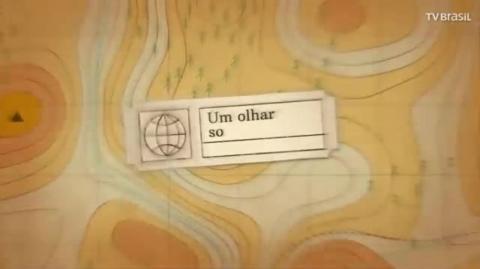
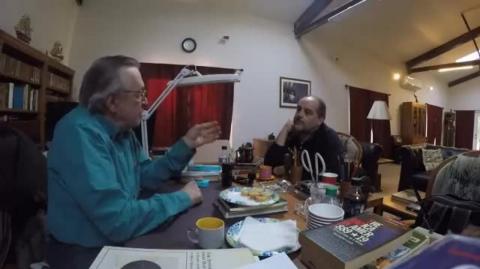


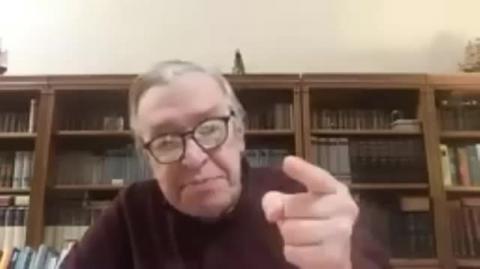

 Ozmosis
Ozmosis
 Blackpill_52
Blackpill_52
 The David Knight Show
The David Knight Show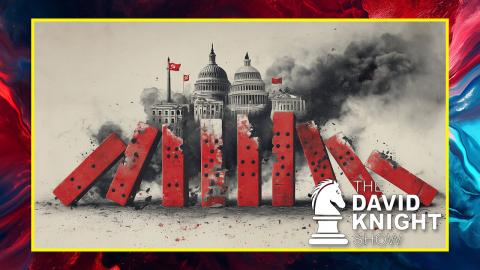
![React: JOÃO CARVALHO NÃO SABE O QUE É FASCISMO [REVOLUSHOW] - João Eigen](https://cdn.mgtow.tv/upload/photos/2025/09/YXcSnwZzQwbRDiR5U9lb_12_c860c21a8b09d171d1e4cd1584ab61cf_image_thumb_high.jpg)

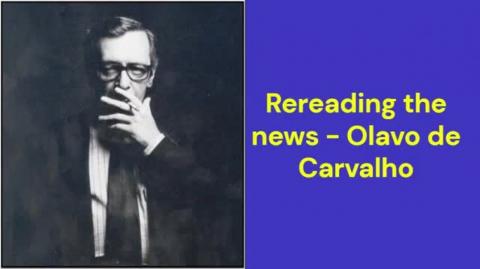
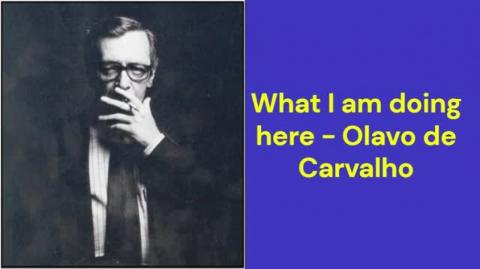
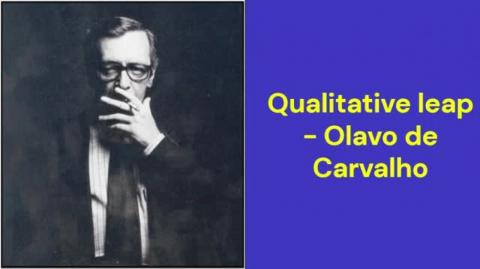
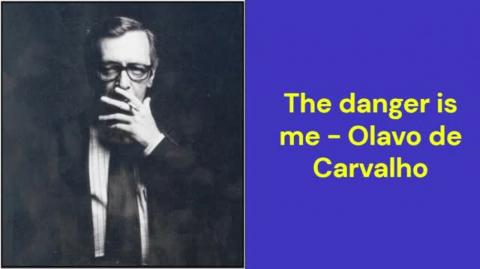


Log in to comment